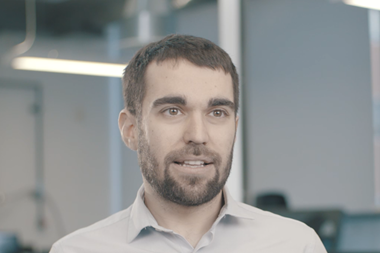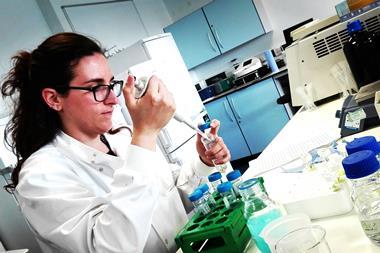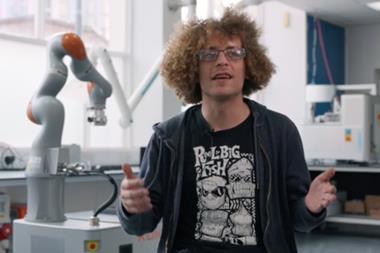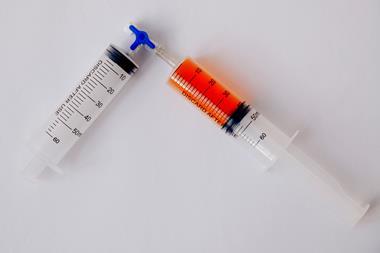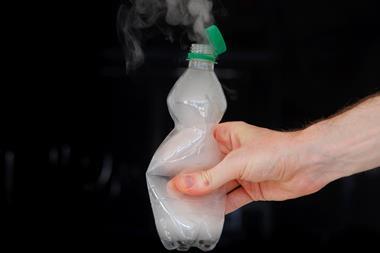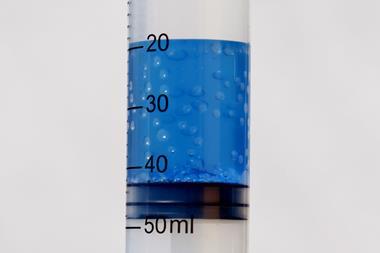Everything you need to know
-
- Salary range: £25–40k
- Minimum qualifications: Degree-level qualifications (including master’s)
Undergraduate degree studied at: University of Bristol - Skills required: Strong verbal and written communication skills, an eye for detail, team working and interpersonal skills, autonomy, analytical skills, problem-solving skills, the ability to work under pressure and meet deadlines.
- Training required: Training in how to use company Content Management Systems.
- Work–life balance: Lots of editorial roles in the UK offer hybrid working patterns and flexible working patterns. Senior roles might require working overtime.
- Career progression: Opportunities to travel internationally to attend conferences to keep up to date with new developments in the field and promote the journal.
- Locations: Find related work experience positions using our map of employers.
More profiles like Katie's
What is your typical day like?
It is my responsibility to lead and develop my portfolio of scientific journals and ensure they are performing well, so my days are varied. I’m often in meetings with colleagues and I manage a team of people that handle new submissions and support the development of the journal. I also work closely with leading researchers that sit on the editorial boards of the journals to develop their strategies and policies, and ensure they are attracting the best new science from researchers. I regularly travel internationally to attend conferences where I meet with members of the scientific community to get feedback, keep up to date with new developments in the field and promote the journal.
How were you inspired to work in chemistry? What keeps you motivated?
I chose a career in chemistry because it gives us an understanding of everything that is around us and I enjoyed it! It’s important to choose a subject that you are interested in and that you enjoy. My motivation comes from knowing that the work I do helps to advance chemistry research, by sharing knowledge and disseminating important findings within the community.
What do you love about your job as an Executive Editor?
I love that my role combines the use of my scientific background and business acumen to support the chemistry community and advance science, without being in the lab. I enjoy being able to keep in touch with the latest new developments at the forefront of the field, as well as having the opportunity to meet and work with some of the leading scientists across the globe.
What skills do you need?

Depending on the specific position, for an entry-level role you would typically need:
- Strong verbal and written communication skills
- An eye for detail
- Team working and interpersonal skills, as well as independent thinking
- Analytical / problem solving skills
- The ability to work under pressure and meet deadlines
What advice would you have for someone looking to get into science publishing, or considering a career in chemistry?
There are a number of roles available in scientific publishing, whether it’s journals, magazines, or books. Depending on your interests, there are editor roles where you may be more involved with facilitating the peer review of, or editing scientific papers; or those that involve commissioning scientists to write a book or article on a particular subject.
There are also lots of opportunities in supporting roles such as sales and marketing, design, production, or publishing systems support.
Publishing can be very competitive so it’s important to be able to demonstrate your skills in writing, editing, and communicating science to others. Having a portfolio of written work that shows your experience in writing or editing scientific papers, newsletters, student newspapers, websites, social media or blogs will help you stand out when applying for jobs.
If you are considering any career in chemistry, I suggest trying to speak to someone who has had firsthand experience in that industry or role to better your understanding. I would also try to seek opportunities to gain experience in related activities, such as an internship, work experience or work shadowing.
How can someone find out more about getting involved in scientific publishing?
Speak to someone in the industry, look at websites of publishers, or contact them directly and they will be able to advise if there are any vacancies, internships or work experience.
Want to find out more?
- Read about the latest scientific research and news through Chemistry World, Nature, New Scientist, or other news outlets
- Read the latest publishing industry news and find opportunities through The Bookseller
- Identify and research publishers you’re interested in and check if they offer internships or work experience. Chemistry World offers a summer science writer internship.
- Volunteer to write for (or edit) your student newsletter, newspaper, University Chemical Society website, or social media to develop your editorial skills
- Check out science communicators or writers on YouTube, or follow the #scicomm on social media
First published 2021








